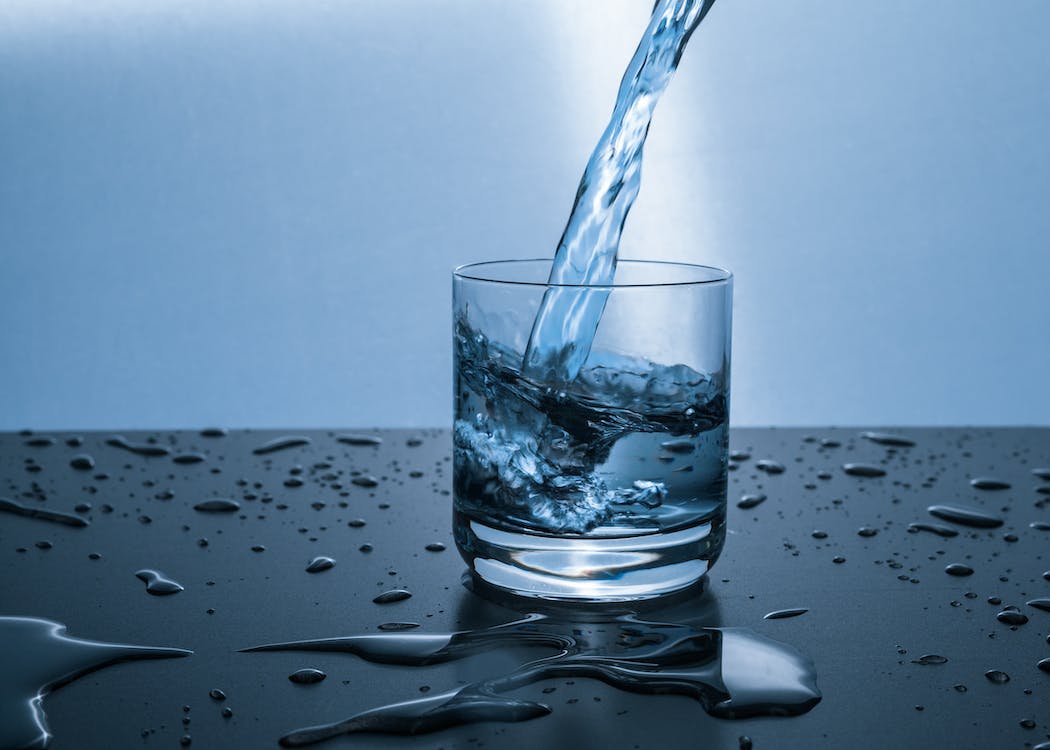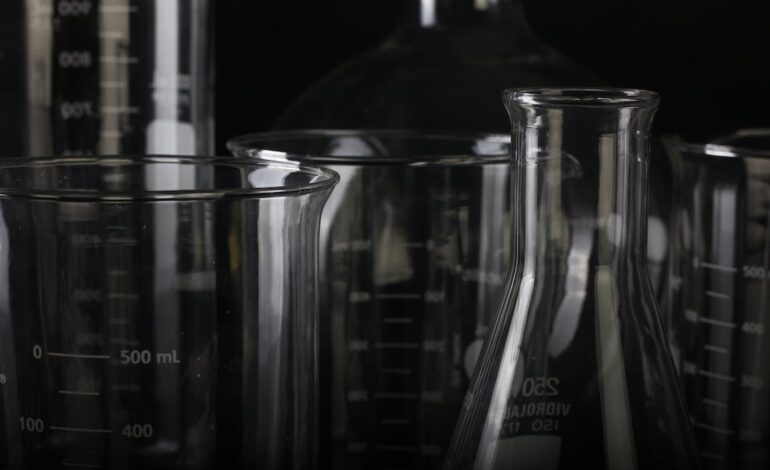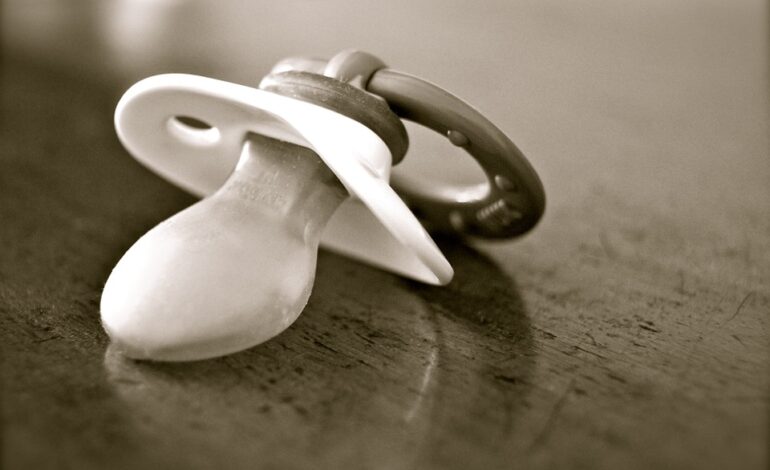The term “distilled water” refers to water that has been filtered and purified via the distillation process.
Pure water, free of minerals and other contaminants, is produced by boiling water and collecting the resulting steam, which is then chilled.
The usage of distilled water is widespread in industrial settings, such as laboratories for the manufacturing of specific pharmaceutical and chemical products, as well as in household appliances like steam irons and automobile batteries. The lack of minerals in the water means that it is occasionally used as a replacement for drinking water, however this is not advised.
Advantages and disadvantages of drinking distilled water
Distilled water is beneficial in several ways but also has some drawbacks. Among the many benefits are:
- It has no minerals or pollutants and is pure: Since it lacks any of the natural minerals found in regular tap water, distilled water is perfect for use in the medical and chemical industries, as well as other applications.
- Some medical issues that it can help with include: There are some medical issues that need avoiding specific minerals or pollutants found in tap water, and in these circumstances, distilled water may be suggested.
- Because it lacks the minerals and pollutants found in regular tap water, distilled water might potentially last for much longer before spoiling. That’s why it might be a viable option for long-term water storage.
Some of the disadvantages of drinking distilled water include:
- Distilled water lacks minerals that can be helpful for maintaining strong teeth and bones, thus it may not be as healthful as tap water. A lack of minerals in the water makes it unsuitable as a primary water source.
- Since no minerals are added during the distillation process, distilled water often has a tasteless, flat quality.
- It can deplete the body of minerals: Although there isn’t a ton of research to back up the notion, some people worry that drinking distilled water would strip their bodies of beneficial minerals.
- It’s not always cheaper than regular tap water. The cost of distilled water, compared to that of regular tap water, can be prohibitive for those on a strict budget.
For optimal mineral and nutrient absorption, it is best to drink water from a variety of sources, such as tap water, bottled water, and distilled water. If you want to know what kind of water is best for you depending on your specific needs and health status, it’s best to talk to your doctor or a qualified dietitian.




